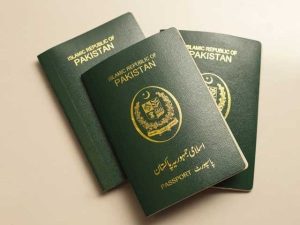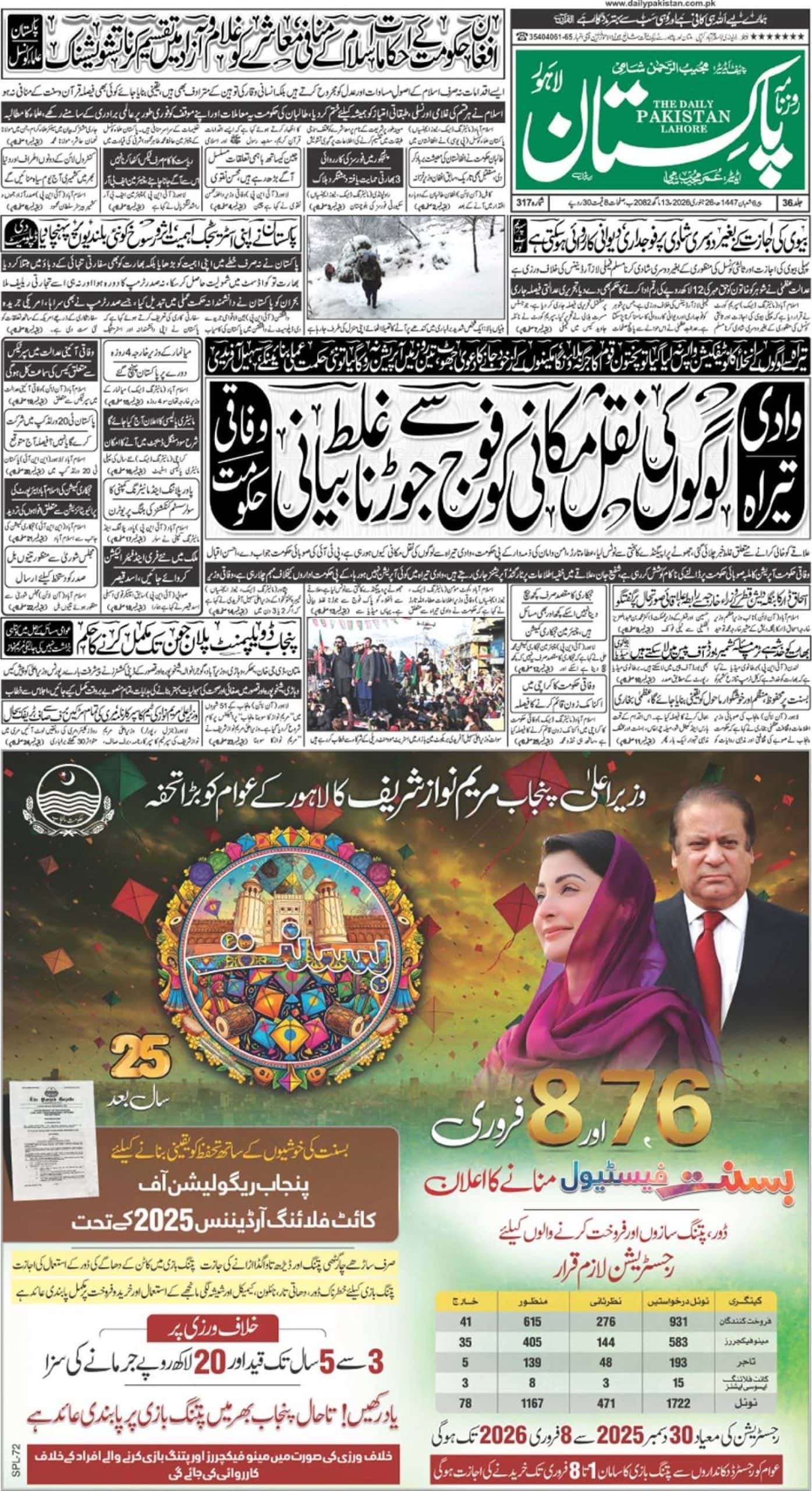In a startling turn of events, Pakistani celebrities have found themselves at the heart of a controversy following accusations that they are endorsing political parties and government initiatives in exchange for financial gains. These accusations have triggered a widespread condemnation and a heated debate over the integrity of these celebrities.
The uproar began after a viral Reddit post exposed several high-profile figures like Sanam Saeed, Mikaal Zulfiqar, Saboor Ali, Urwa Hussain, Zhalay Sarhadi, Ayesha Omar, Aima Baig, Saba Faisal, Areeba Habib, Junaid Akram and Yasir Hussain. These celebrities, known for their contribution to Pakistan’s entertainment industry, allegedly participated in campaigns promoting government achievements and policies, primarily through social media platforms.
Critics argue that these endorsements, characterized by congratulatory messages and positive feedback on governmental initiatives, lack sincerity and transparency. Instead, they suggest that these acts are orchestrated advertisements aimed at shaping public opinion in favour of the rulers. This practice, critics contend, undermines the credibility of both the celebrities involved and the political parties they endorse.
The controversy intensified when Junaid Akram, known for his insightful podcasts, released a video highlighting government development projects, predominantly focused on infrastructure. Critics argue that Akram’s portrayal overlooked the harsh realities faced by the public, including inflation, increased taxes and soaring utility bills. Many accused him of presenting a skewed narrative influenced by financial incentives rather than reflecting genuine public sentiments.
In the video, Akram praised several government projects that are largely still in the planning stages or have not yet shown tangible benefits to the public. This depiction drew sharp criticism in the comments section, where viewers expressed extreme disappointment and labelled him as one of the “sold outs.” The video garnered more dislikes than likes, with a significant number of viewers announcing their decision to unsubscribe from his channel in protest against what they perceive as biased and misleading content.
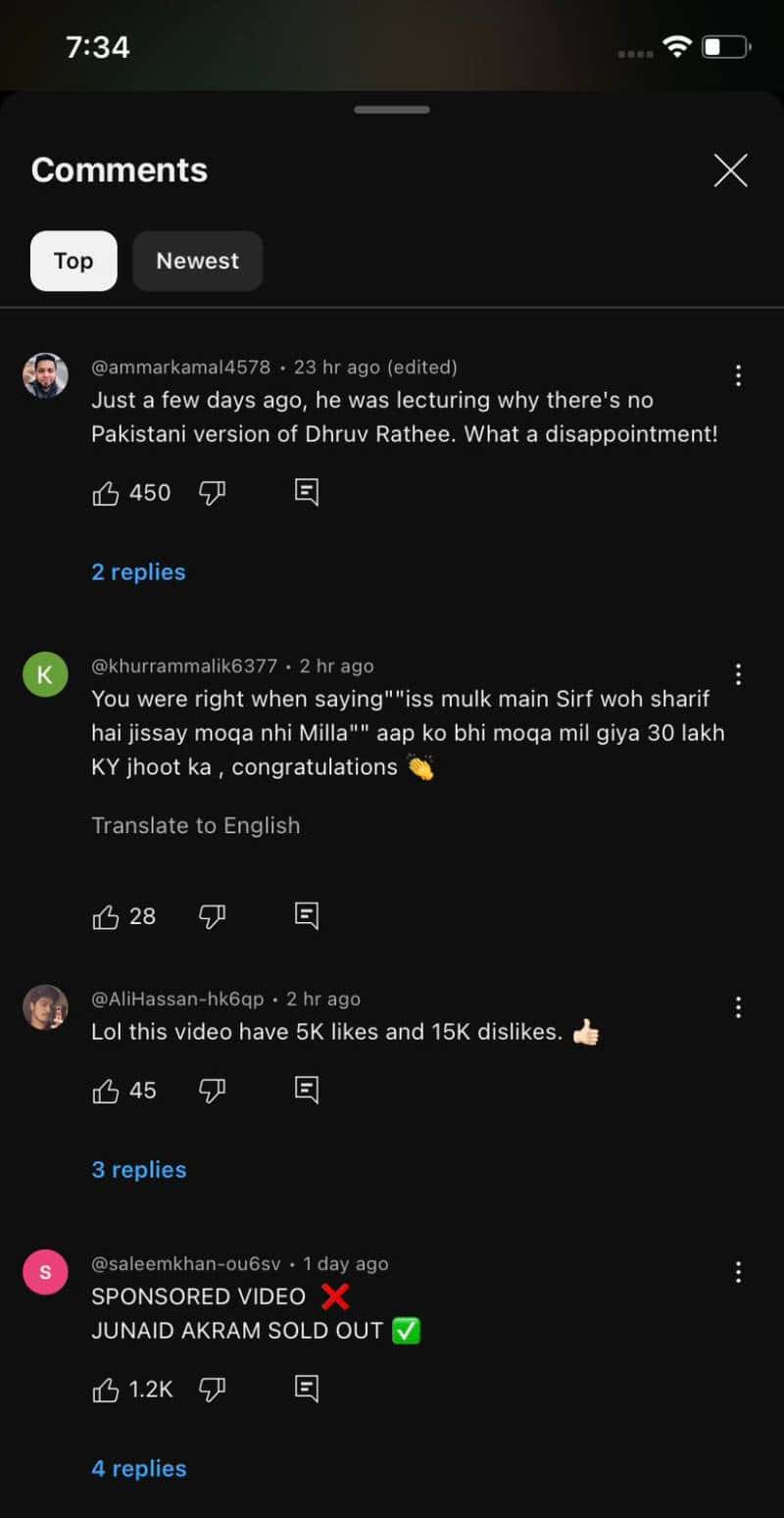
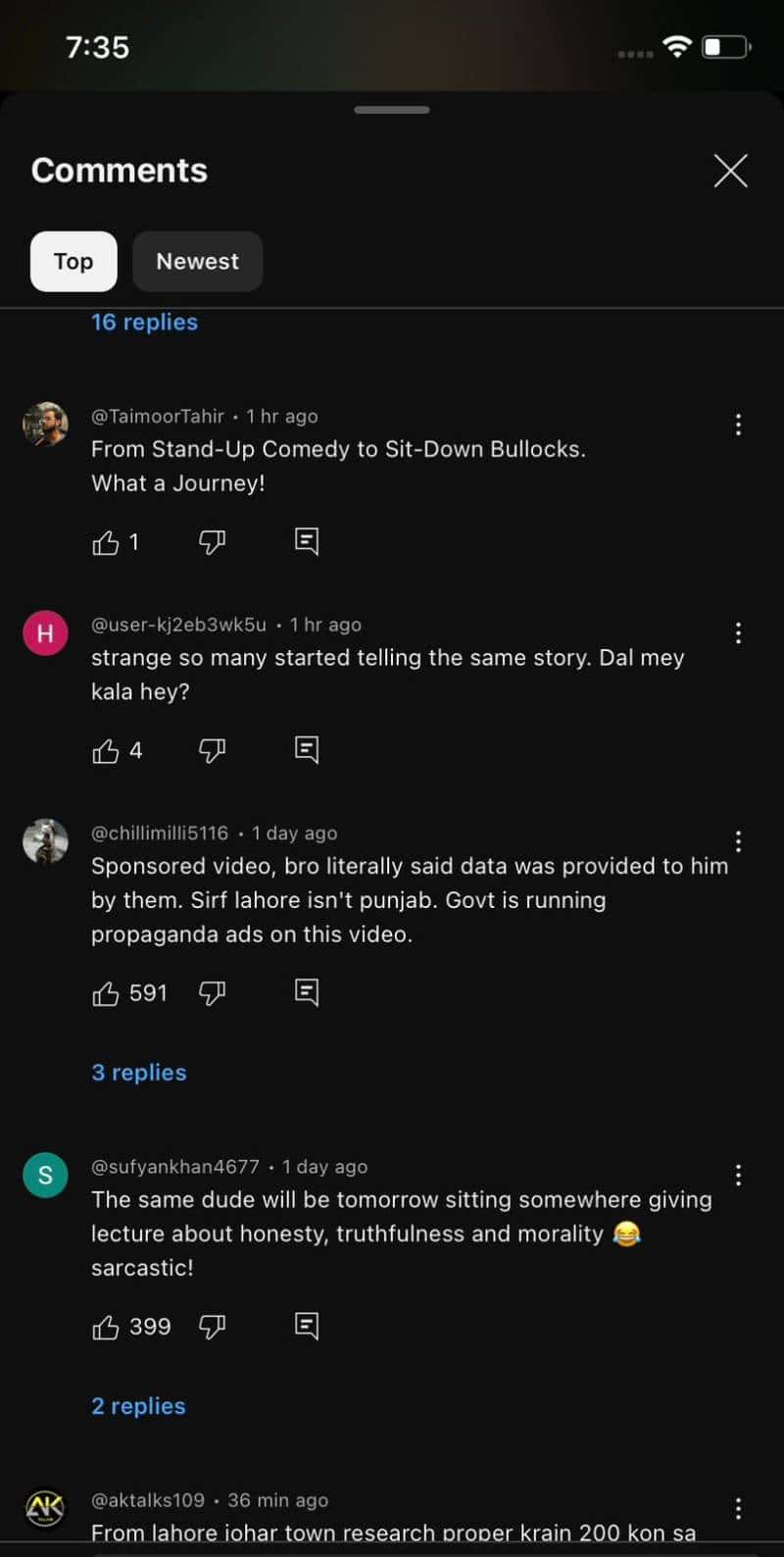
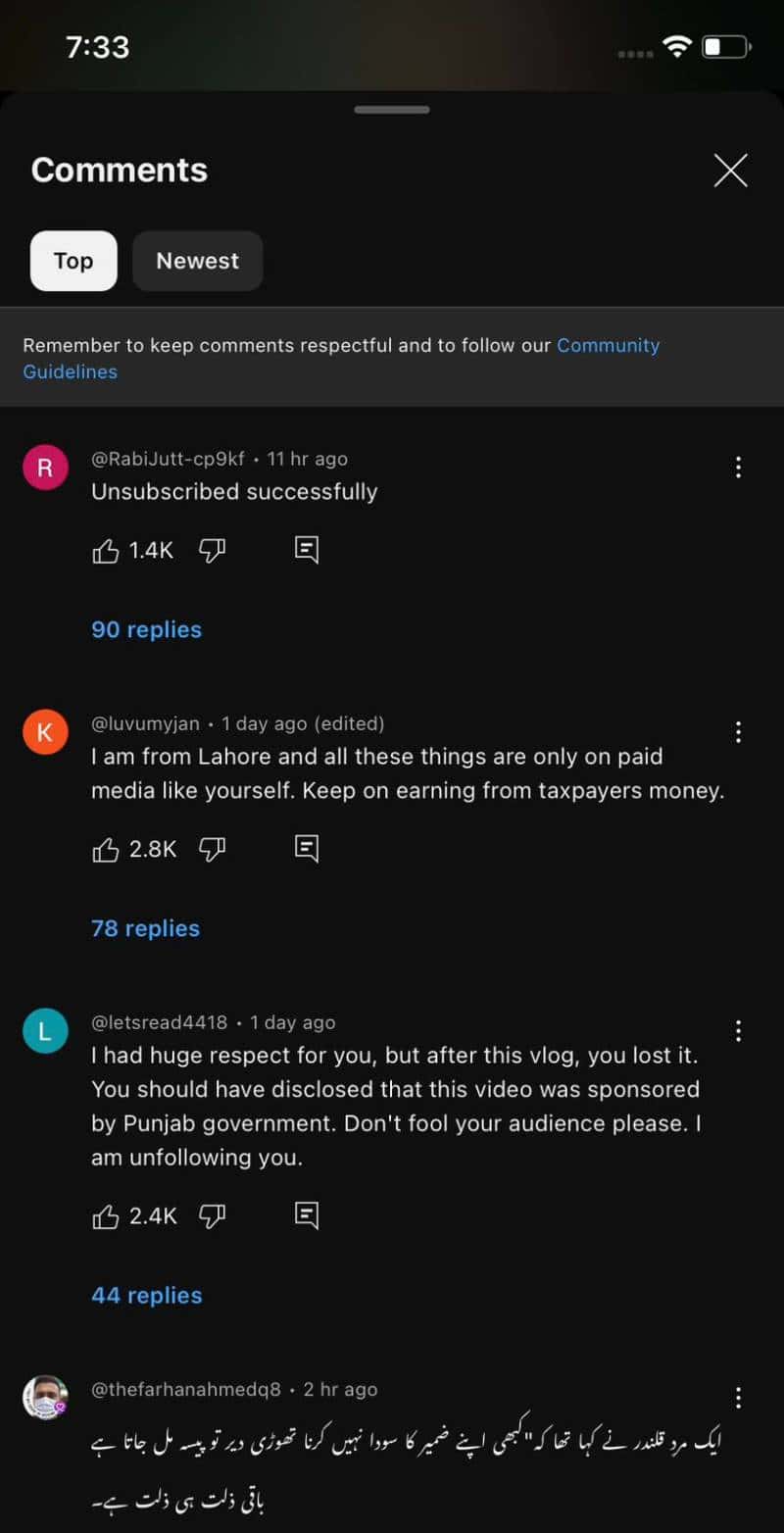
Sanam Saeed faced significant backlash for her endorsements, which critics argue that the incumbent government has failed to address pertinent issues such as governance shortcomings and public dissatisfaction. Similarly, Mikaal Zulfiqar’s advocacy for a major agricultural policy raised eyebrows, with skeptics questioning the feasibility and impact of the proposed initiatives.
Social media platforms amplified public dissent, with hashtags like #CelebsForSale trending widely, denouncing what many perceive as a betrayal of public trust. Users expressed disappointment, emphasizing the responsibility of celebrities to use their influence transparently and ethically.
In response to a mounting scrutiny, some celebrities disabled comments and limited interaction on their social media profiles, while others issued statements denying any financial motives for their endorsements.
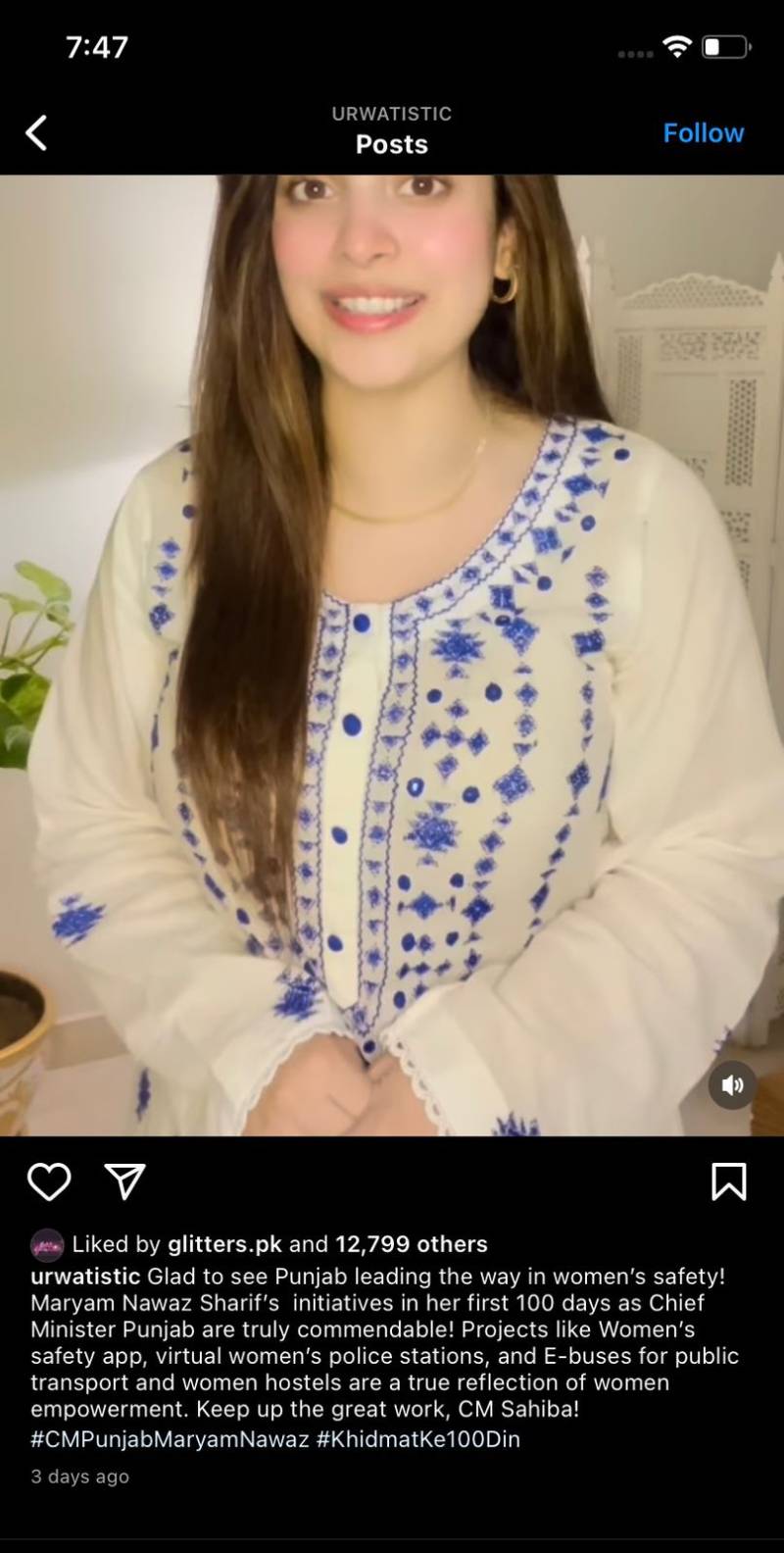

However, these efforts have done little to appease the public outrage, with demands for greater accountability and integrity in celebrity endorsements growing louder. Here is a glimpse of comments on one of such posts where comments weren’t disabled:
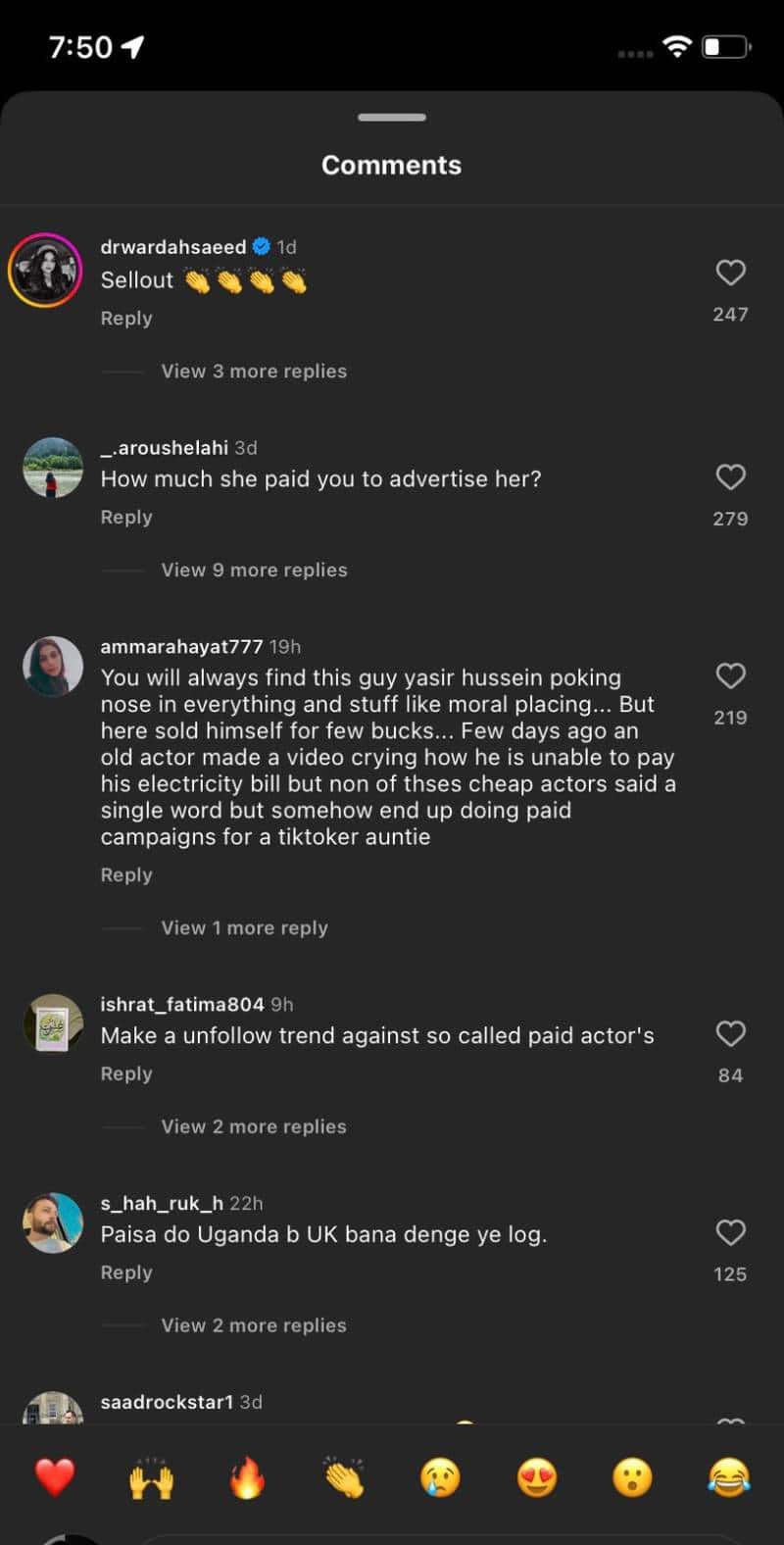
Nadeem Naniwala Exposes Government Scripting
Adding to the controversy, TikTok sensation Nadeem Naniwala has stepped forward with claims that further cast doubt on the authenticity of celebrity endorsements. Naniwala disclosed that he was approached to participate in a scripted marketing plan orchestrated by the government. He revealed that such campaigns dictate verbatim what influencers should convey, stripping away any semblance of genuine endorsement or personal conviction.
Despite the financial allure, Naniwala said he refused to support what he described as a “bogus agenda,” emphasizing his commitment to honesty and transparency in content creation. His expose has resonated widely, adding momentum to public skepticism and calls for ethical standards in influencer marketing and political endorsements.
Celebrity endorsements and public trust
Political analysts caution against the risks of using celebrities as conduits for governmental agendas, warning of potential damage to their reputations and public trust. They stress the importance of transparency and genuine advocacy to maintain credibility in the eyes of their audience.
As the controversy unfolds, it prompts reflection on the ethical boundaries of influencer marketing and political endorsements. It challenges both celebrities and the public to reevaluate the role of public figures in influencing political narratives and advocating for social change.
The ongoing debate underscores the need for clarity and honesty in celebrity endorsements, urging stakeholders to prioritize authenticity over financial incentives to maintain public trust in an increasingly scrutinized digital age.






